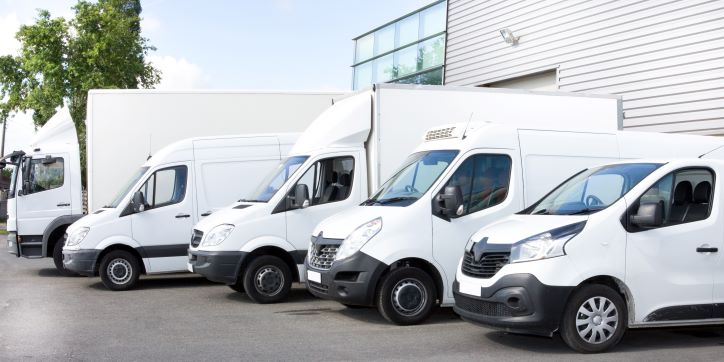Over the last couple of years, we have seen a rise in the number of UK professionals going self-employed, with one in ten workers using or depending on a van for their livelihood. With an increase in the number of workers going self-employed, so has the rise in the number of new and used vans purchased each month.
As with any new purchase buying a new vehicle is a significant decision for small businesses. Since you will be relying on this piece of equipment for most of your business needs, there are many considerations you’ll have to make to ensure you’re making a good decision and one that will help your business move forward. Below we list several of our top tips for purchasing a van:
Find the Right Van Insurance
Driving a van without the proper insurance is illegal, but that doesn’t mean you should pay over the odds for your policy. If you want, you could approach your current insurance provider and see what they offer in the way of van insurance, but it is also worth shopping around to see if other providers offer better deals.
One way to compare van insurance providers is by using price comparison platforms like Quotezone, which enables users to search for better rates for a wide range of financial service products. From van insurance to taxi insurance, consider using their site to compare the best providers and save money on insurance today.
Assess Your Needs
Before you rush out and buy a van, you must consider what you’ll need it for, how often it will be used, the scalability of your business, and whether the vehicle you buy will still be viable for your business in a couple of years.
For instance, if your business is a small-scale construction company, you’ll need to know the type and size of van that your business will require. As well as transporting other staff members, you may require a van that can move tools and parts between jobs – so you may need a larger van.
On the other hand, if you’re a one-person band, you may not need such a large van. However, it’s also important to consider whether you will expand shortly and if the van you buy now will be able to accommodate the expansion and avoid additional costs down the line.
What To Check For
Primarily if you’re buying second-hand, it’s vital that you view the van in person and carry out relevant checks to ensure that it is up to scratch. Vehicles that are being used for commercial purposes are often put under more pressure than those that are being used solely for everyday driving. So, it’s essential to check for any wear and tear so that you don’t end up parting with more cash further down the line.
Before handing over any money, check the bodywork, tires, mechanics, electrics, interior, and vehicle history. Once you are satisfied with all the above, only then should you part with any money, and if you’re unsatisfied for any reason, ensure that you air your concerns as you might get more knocked off the price or just walk away.




